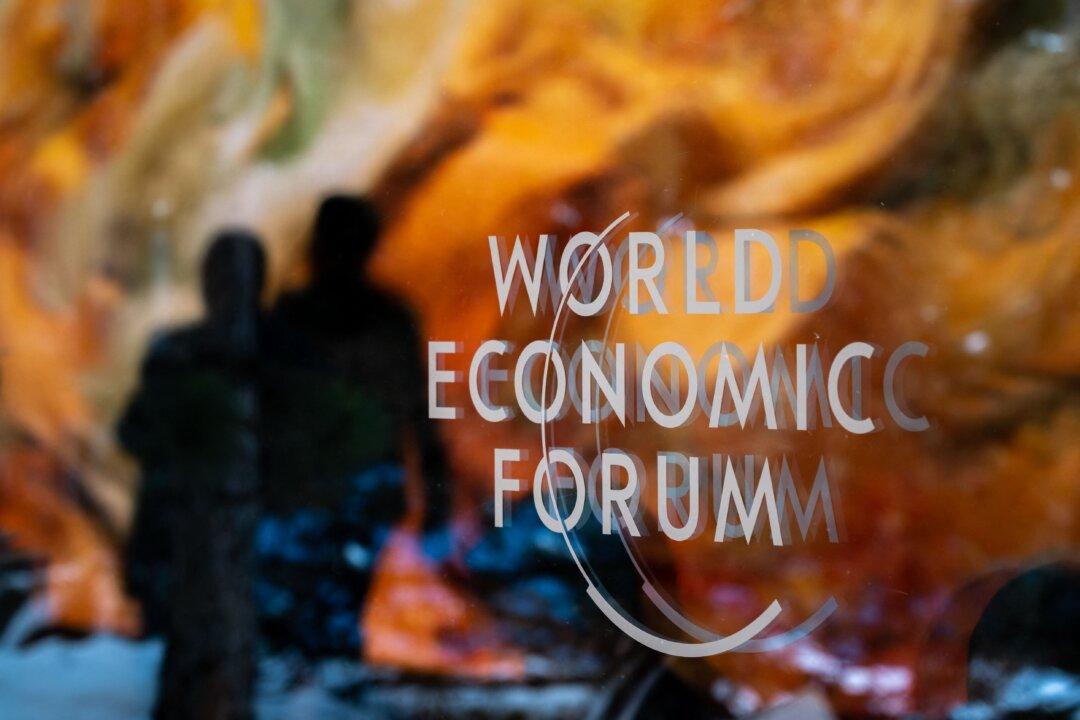Commentary
The World Economic Forum (WEF) 2023 was attended by the largest number of heads of state and global elites in history, pushing a globalist agenda.

The World Economic Forum (WEF) 2023 was attended by the largest number of heads of state and global elites in history, pushing a globalist agenda.